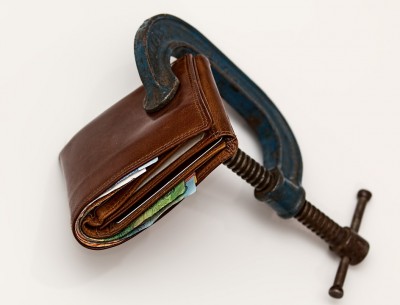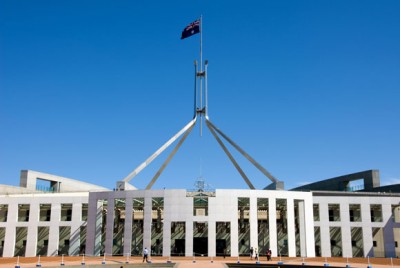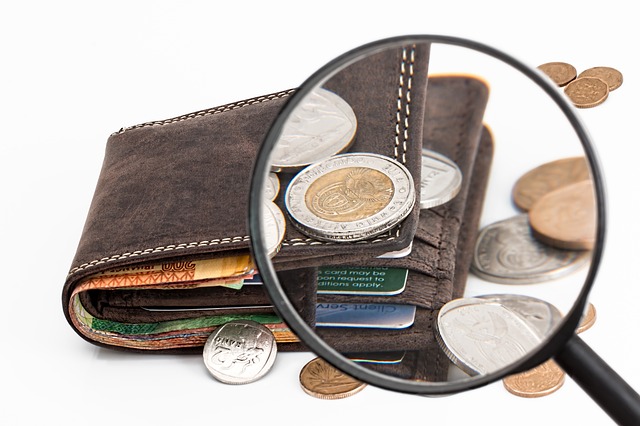
With about a month to go before the end of the financial year, now is the time to look at ways to save on tax. And surprisingly, your superannuation account can offer valuable opportunities to trim your tax bill.
For Australia’s many self-employed workers, super offers a generous avenue to save on tax – and improve your wealth at the same time.
If you run your own show, consider making a contribution to your super fund before 30 June. If you work for yourself, you can claim a tax deduction for super contributions to your own fund totalling up to $25,000 annually if you’re aged under 59, or $35,000 annually if you’re aged 59-plus.
Not only can adding to your super cut your tax bill, it will also boost your retirement savings, and that’s critical. Research continually shows self-employed workers have considerably less in super than the rest of the workforce. Get cracking though – the money must be in your fund by 30 June to claim a tax break.
If you work for an employer – and you’re partnered, there may be opportunities to save on tax by making a contribution to the super fund of a non-working or low income spouse.
The spouse super tax ‘offset’ – what we used to call a ‘tax rebate’ – is worth up to 18% of after-tax super contributions up to $3,000 annually. Put simply, tipping up to $3,000 into your spouse’s super fund this financial year could see you shave up to $540 off your tax bill.
The spouse super tax offset gradually declines as your other half’s annually income rises above $10,800. It cuts out altogether if your spouse earns $13,800 or more in a single financial year. This offset is available to same sex and de facto couples.
While it’s not exactly a tax concession, making a contribution to your super from your own pocket before 30 June could make you eligible for the government’s super co-contribution scheme. This initiative is designed to give low to middle income earners a helping hand with their super, and if that sounds like you it’s definitely worth a look.
If you earn $33,516 or less this financial year, the federal government will make a maximum contribution to your fund of up to $500 when you make an after-tax contribution of $1,000. You may still be entitled to a co-contribution if you earn up to $48,516 annually.
The beauty of this scheme is that the government co-contribution is not taxed. So it’s like earning an instant tax-free return of up to 50% on your contribution.
No matter how you choose to grow your super, it can take time for contributions to be processed by your fund. That’s why it’s a good idea to make any additional contributions as soon as possible so that everything is completed before the current financial year ends on 30 June. Remember, any extra money you can add to your fund, no matter how small, provides extra money for your retirement.
For more details, contact your super fund or speak to your financial adviser.























































